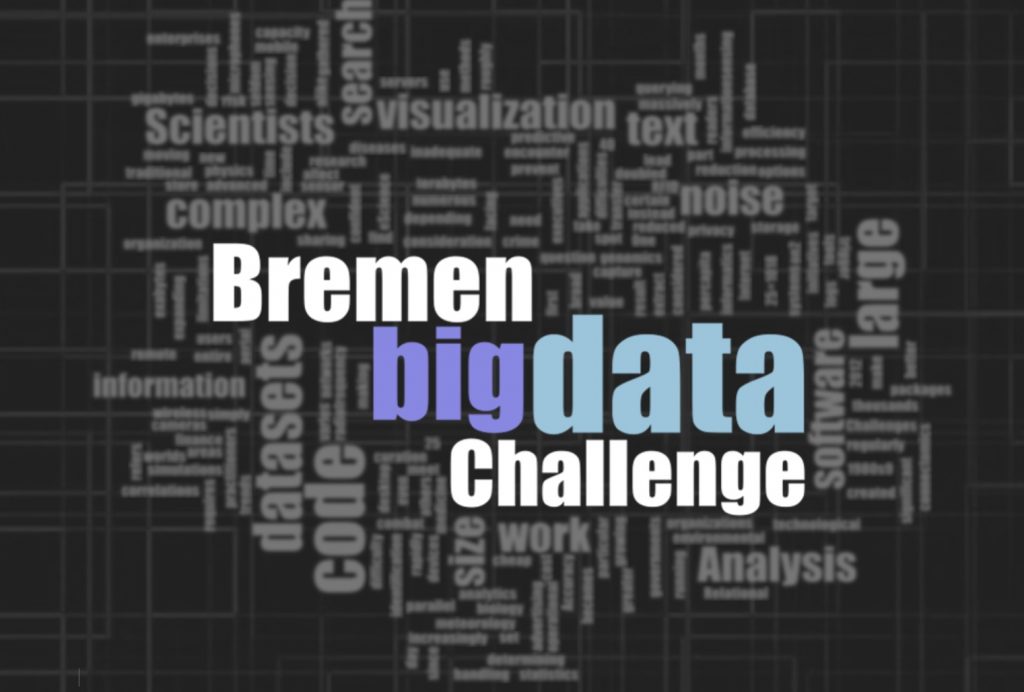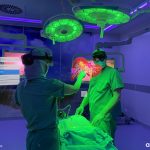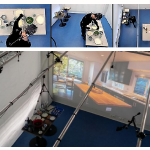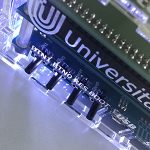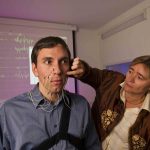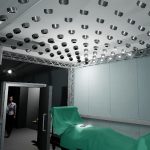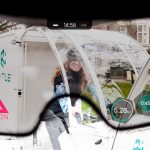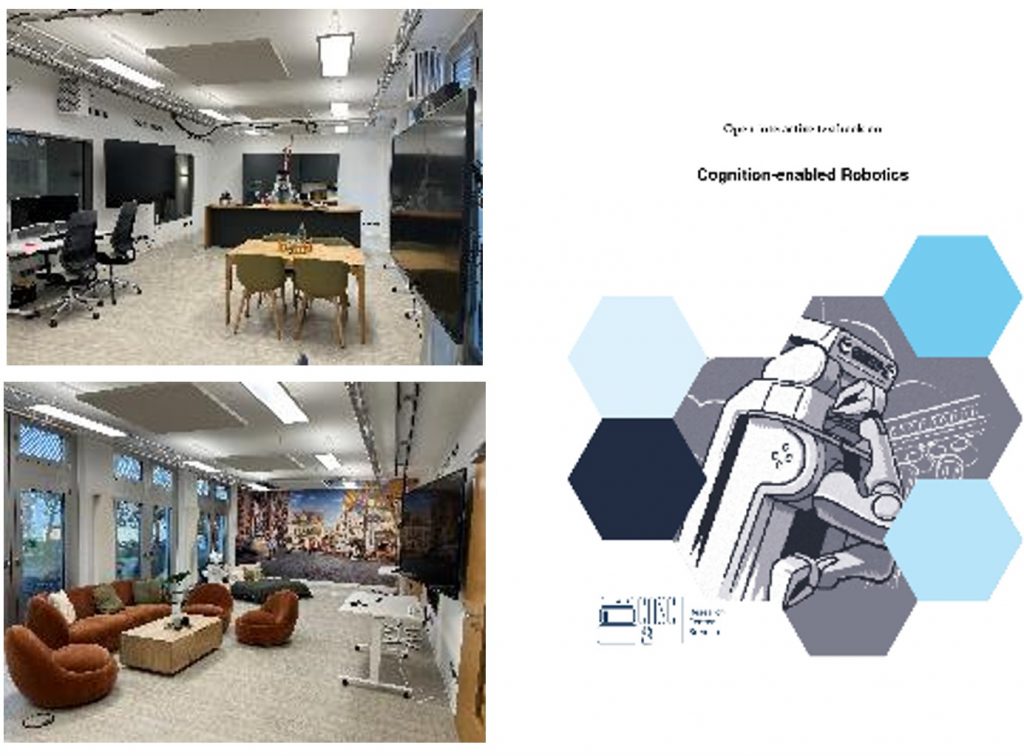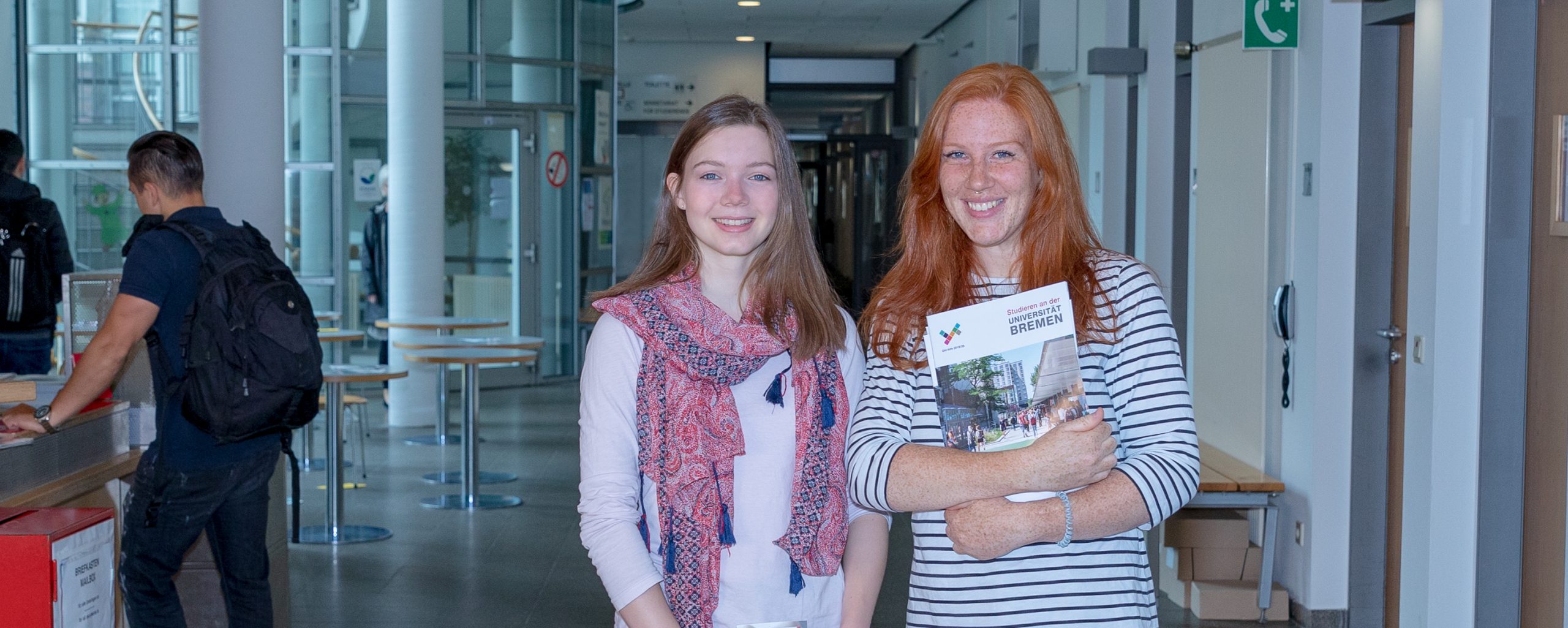
International Master’s program at the University of Bremen

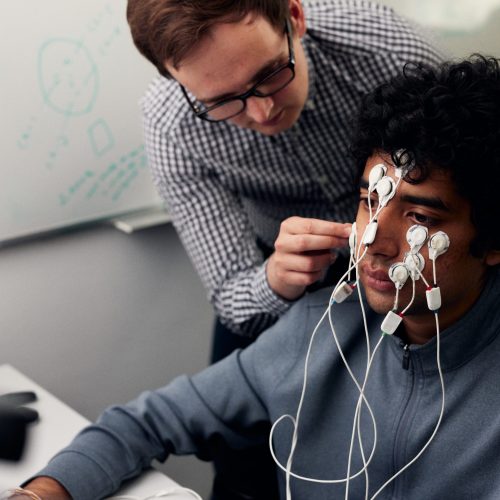
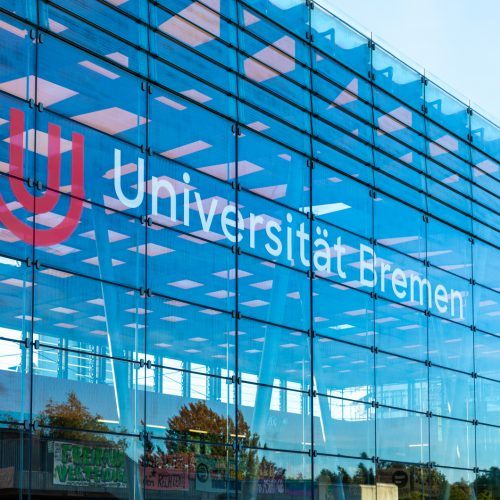

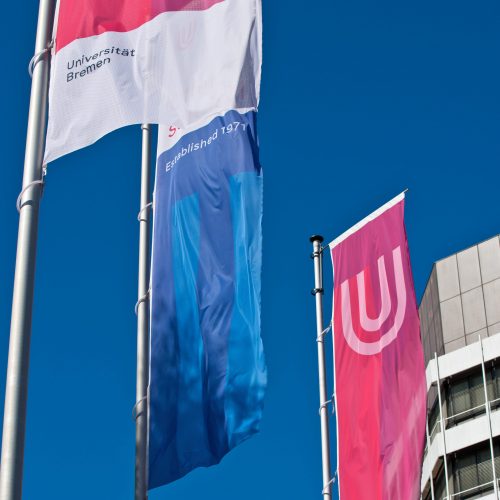
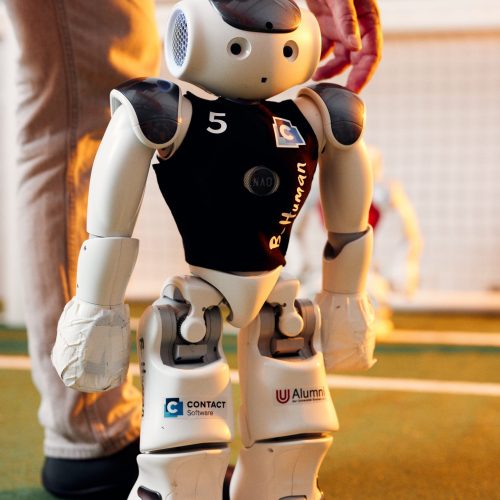
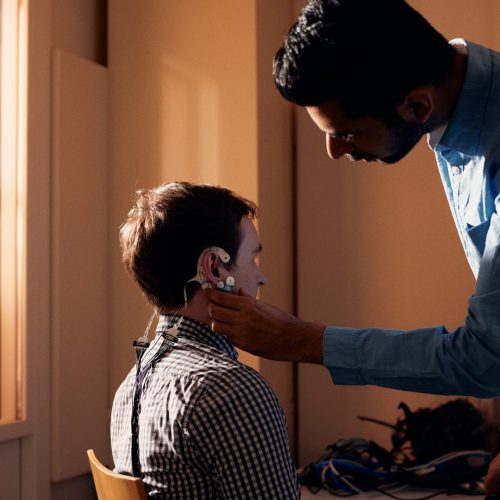
Come to the University of Bremen to study Artificial Intelligence and Intelligent Systems!
Artificial Intelligence and Intelligent Systems (AIIS)
Why AIIS
The international Master’s program AIIS offers students a broad variety of research-based courses in a vibrant interdisciplinary environment benefitting from renowned researchers in the field of AI, Cognitive Systems, and robotics. Students will have access to the unique laboratories, equipment, and computing resources for their courses, projects, and theses. Many research groups offer part-time jobs as research or teaching assistant.
AIIS students receive comprehensive training in theoretical, practical, and applied AI while specializing in “Cognition-Enabled Robotics” and “Machine Learning & Cognitive Systems”, choosing one of the two as major and the other as minor. Other features of AIIS are the Guided Research Model – an independent student research project with individual supervision by a professor – and the Bremen Concept and Bremen model concept. While the latter is a project study in larger teams, the former is an independent research project with individual supervision by a professor.
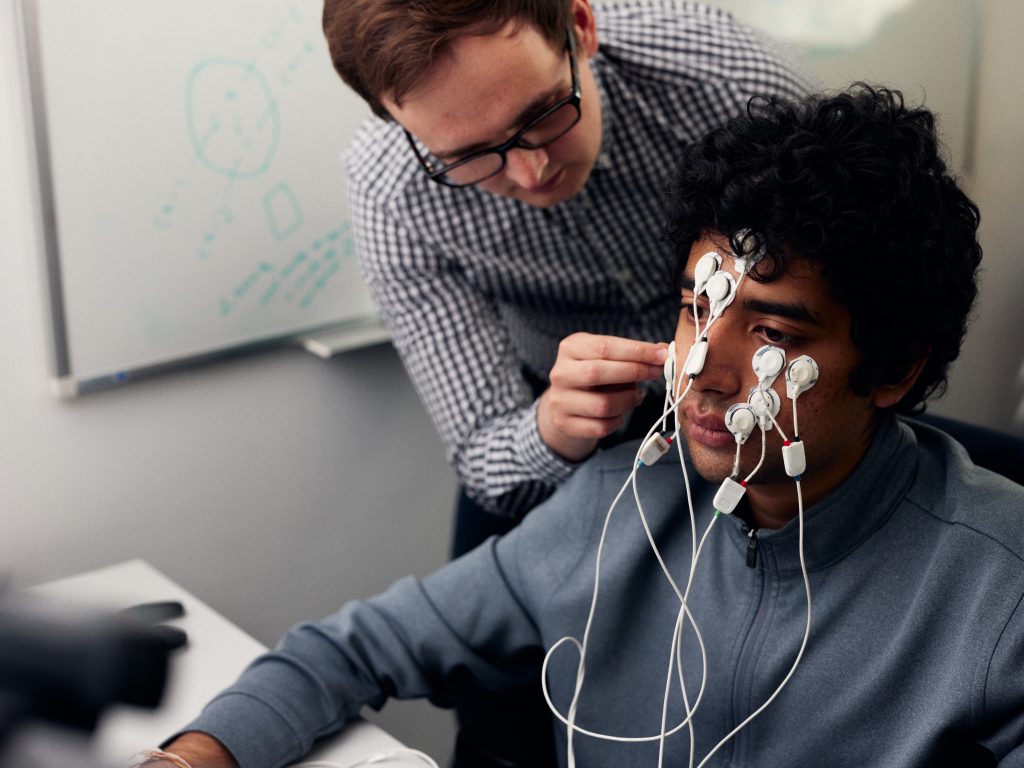
What awaits you
AIIS is a four-term program comprising 120 credit points (CP). Courses will be taught in English and international students are very welcome.
AIIS is anchored in the faculty of Mathematics and Computer Science and part of the high-profile area “Minds, Media, Machines” of the University of Bremen allowing students a broad range of study courses and insights into related research fields.
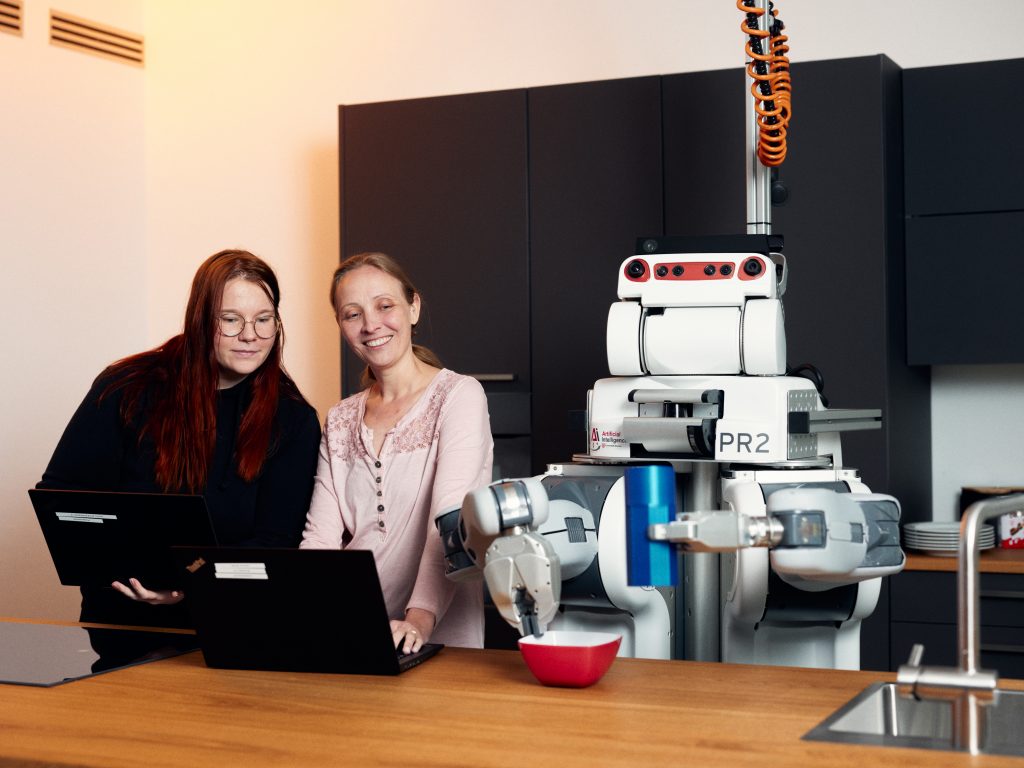
How to apply
Applicants for the AIIS Master’s program are expected to meet the following prerequisites:
- a Bachelor’s degree with at least 180 CP in a relevant field, e.g. Computer Science, Mathematics, Electrical Engineering, Business Informatics, Systems Engineering,
- proof of at least 90 CP in the field of Computer Science (especially in the sub-areas Mathematics, Artificial Intelligence, Machine Learning, Software Design, Theoretical Computer Science, Programming and/or project work) that were completed in the preliminary studies,
- English: B2 at time of application; CEFR C1 level or equivalent at time of enrollment.
Submission of an application is possible from the middle of January to March 15th of each year. Places are limited and will be granted to only the best applicants). Applicants are encouraged to apply early. Courses will start mid-October of each academic year, and follow the German academic year with a winter term (courses mid October – beginning February) and a summer term (courses mid April – mid July). With the term breaks lasting several weeks, there is plenty of time to benefit from the AIIS network for internships, student jobs, or other professional development.
AIIS at a glance
International Master’s program at the University of Bremen-
Application Period: February 01 – March 15 of each academic year
-
Standard Duration of Studies: 4 terms (fulltime)
-
Credit Points: 120 CP
-
Course Language: English
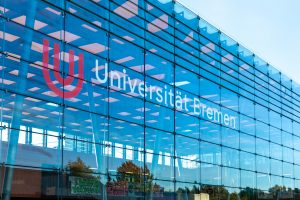
Contact details
Universität Bremen
High Profile Area Minds, Media, Machines
Enrique-Schmidt-Str. 5, 28359 Bremen
Contact Point for Application Queries and Study Advice
szi@uni-bremen.de
master@vw.uni-bremen.de
Prof. Dr-Ing. Tanja Schultz
Further Information:
Flyer Master Program AIIS
Module Handbook
Why Bremen
Bremen is a very welcoming city of ~ 570.000 residence, located in north-west Germany close to the North Sea coast: www.bremen.eu . It is host of the premier international AI-conference IJCAI-2026: www.ijcai.org/. Bremen is home of the ambitious, agile, and creative University of Bremen: www.uni-bremen.de. The University of Bremen has a strong international reputation for its research in the field of computer science, AI-enabled robotics, and Cognitive Systems. It offers a broad range of intramural student activities, such as
- sports (https://www.uni-bremen.de/en/hospo),
- language courses (https://www.fremdsprachenzentrum-bremen.de/),
- and various students unions (https://www.uni-bremen.de/en/studies/all-about-studying/student-participation).
Incoming international students will be supported by the Welcome Center. As a student at the University of Bremen, you will have free access to public transport in the state of Bremen and neighboring Lower Saxony as part of your tuition fee (~ 344 € per semester).

Job Profile of AIIS Graduates
AIIS is designed to prepare students for research and development positions in academia or industry in the fast-growing field of AI such as scientist, research engineer, data scientist, or AI consultant. Throughout their studies, AIIS students will have the opportunity to connect with top-notch researchers of the University of Bremen, as well as with leaders of technology companies in and around Bremen, e.g. through internships and Master’s projects.
AIIS in a Nutshell
Four semesters standard period of study (120 CP)
- 1st semester: Mandatory courses + general studies
- 2nd/3rd semester: Modules with optional courses + Master’s project + General Studies
- 4th semester: Master’s thesis
Two specializations
You may choose one as you Major and the other as your Minor:
- Cognition-enabled Robotics (CER)
- Machine Learning and Cognitive Systems (MCLS)
Master study plan AIIS
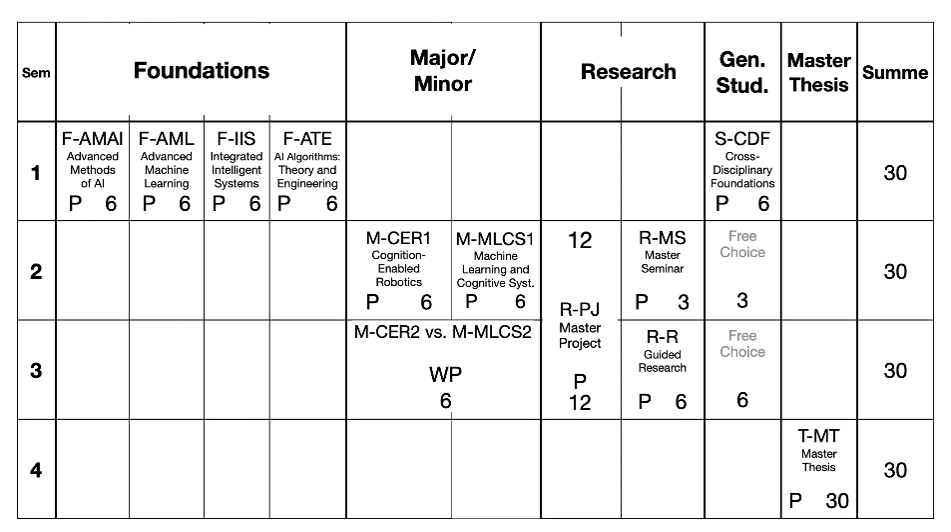
AIIS: A more Detailed Look!
AIIS: 1st Semester
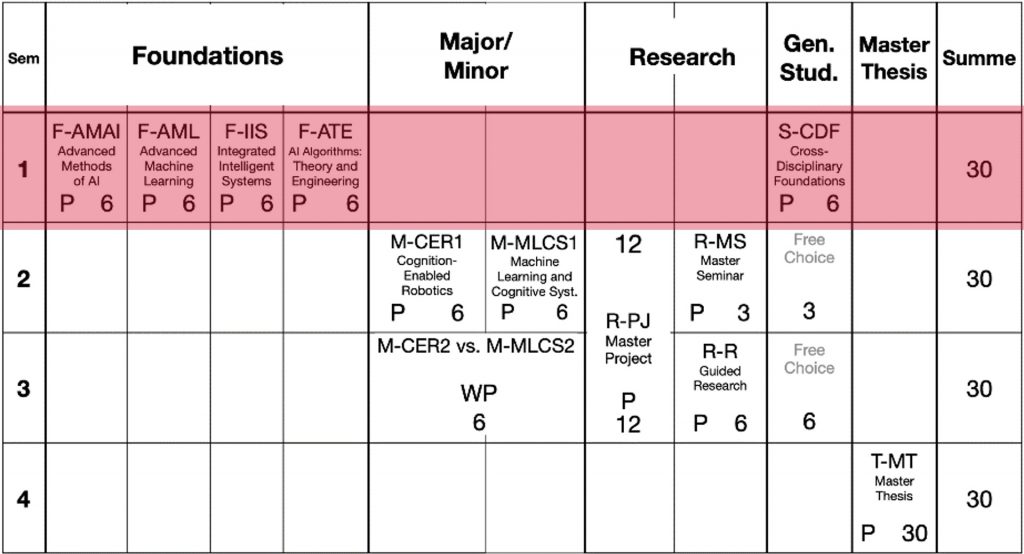
- Modeling intelligent systems as “rational agents”
- Problem solving through search, logic-based representation and reasoning systems
- Probabilistic problem solving: Bayes nets (inference and learning), Markov Decision
- Problem solving with the help of machine learning
- Generative/discriminative models, regression, features, evaluation
- Fundamentals of statistics, mathematics, neural networks, transformers
- End-to-end systems, optimization, explainable AI
- Responsible use of computational resources and computational complexity of machine learning methods and deep neural networks
- Sensors, actuators and hardware infrastructure of technical cognitive systems
- Control of technical cognitive systems: forward and inverse kinematics, dynamics
- Basics of probabilistic state estimation: Bayesian filters, data association, learning, HMMs
- Applications: localization, environment mapping, object tracking
- Programming methods for technical cognitive systems
- Modeling intelligent systems as “rational agents”
- Problem solving through search, logic-based representation and reasoning systems
- Probabilistic problem solving: Bayes nets (inference and learning), Markov Decision
- Problem solving with the help of machine learning
Cross-Disciplinary Foundations
- As preparation for the projects from the 2nd semester onwards, this module aims to develop the necessary skills to successfully carry out such projects.
- In the form of lectures (guest lectures), seminar papers or small group work
- Knowledge through to scientifically sound project work and professional practice
The following topics are covered in particular:
- Scientific practice (including research funding, applications)
- Methodological aspects: Statistical procedures, visualization, experiments
- Philosophy of science (e.g. Kuhn, Popper, Descartes)
- Scientific culture and research ethics
- Interdisciplinary work and the wide-ranging applications of computer science
- Project management: time and resource management
- Project management: motivation and leadership
- Applications and CVs (including foreign applications)
- Moderationstechniken und Entscheidungsfindung
Major / Minor
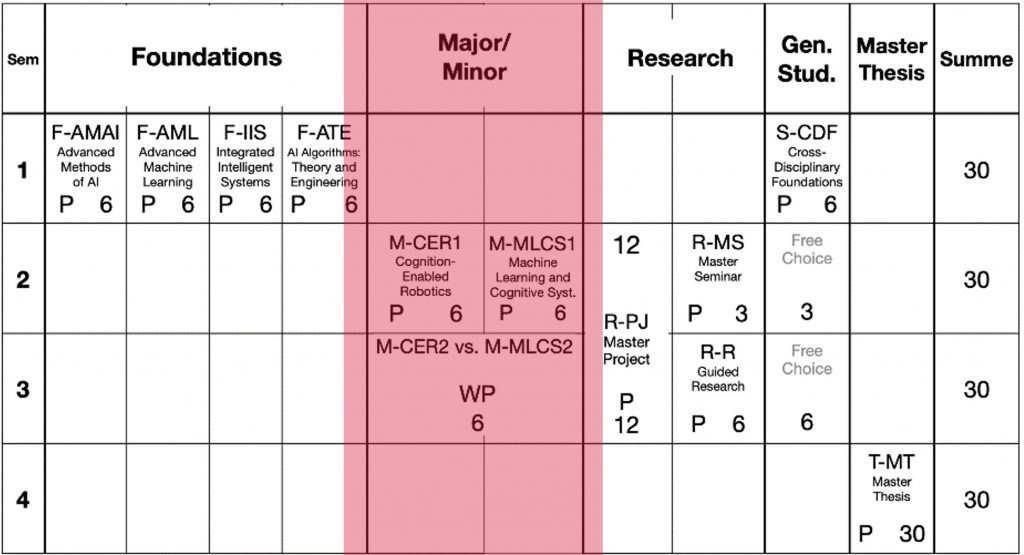
MCLS & CER
Students in AIIS specialize in “Machine Learning & Cognitive Systems” (MCLS) and “Cognition-Enabled Robotics” (CER), choosing one as major and the other as minor.
Machine Learning and Cognitive Systems (MLCS) Major
Topics and Course Offerings in MCLS
- Life-long Machine Learning
- Automatische Spracherkennung
- Interpretable Machine Learning
- Good Practice in Machine Learning Research
- Cognitive Modeling
- Gehirn-Muster-Erkennung
- Deep Learning und 3D Bildverarbeitung
- Umgang mit unsicherem Wissen
- Bioninspirierte Mustererkennung und Szenenanalyse
- Reinforcement Learning
- Machine Learning for Autonomous Robots
This list is updated regularly!
Take part in the Bremen Big Data Chellenge!
Cognition-Enabled Robotics (CER) Major
Topics and Course Offerings in CER
- Software Engineering for Cognitive Robots
- Game Engines in AI
- Human-Centered Interaction in Robotics
- Trustworthy Cognitive Robots and Systems
- Semantic 3D Perception for Robotic Systems
- Robot Programming with ROS
- AI – Knowledge Acquisition and Knowledge Represenation
- Current Topics in Human Computer Interaction
- Menschliches und maschinelles Lernen und Verstehen
- Introduction to Intelligent Marine Systems
This list is updated regularly!
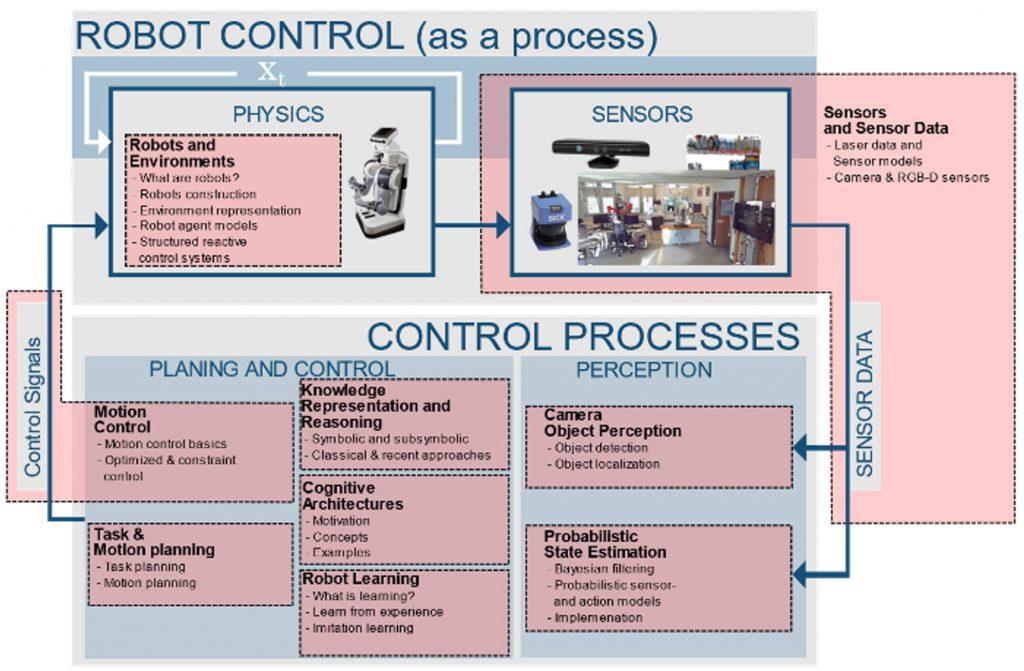
Research in AIIS
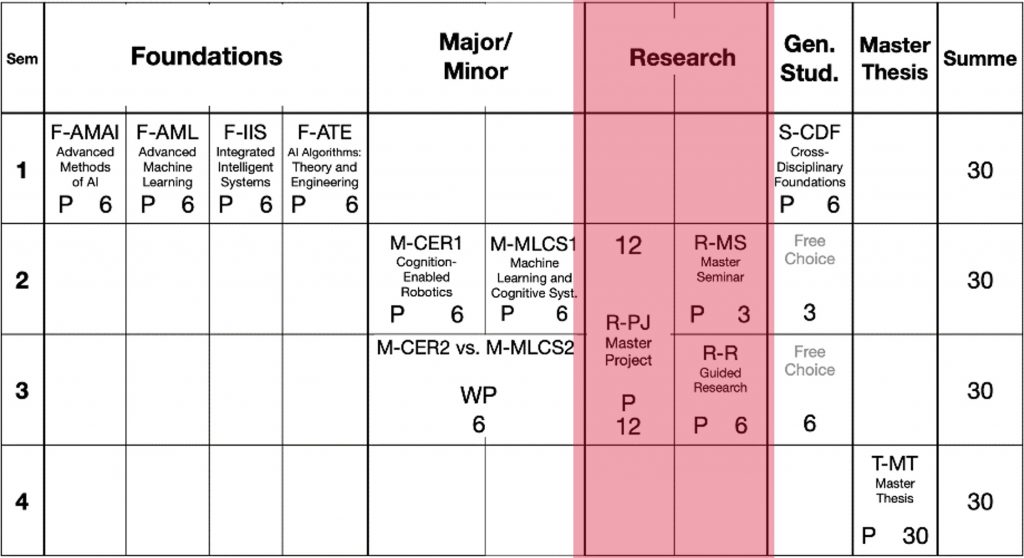
Guided Research
In this module, participants acquire the skills they need for independent scientific work!
- The focus is on teaching and examining the important aspects required for future positions in the field of computer science research, in particular the ability to conduct independent research.
- In close coordination with a supervisor, a research question is developed and worked on accordingly in order to write a scientific paper with the aim of publishing it.
